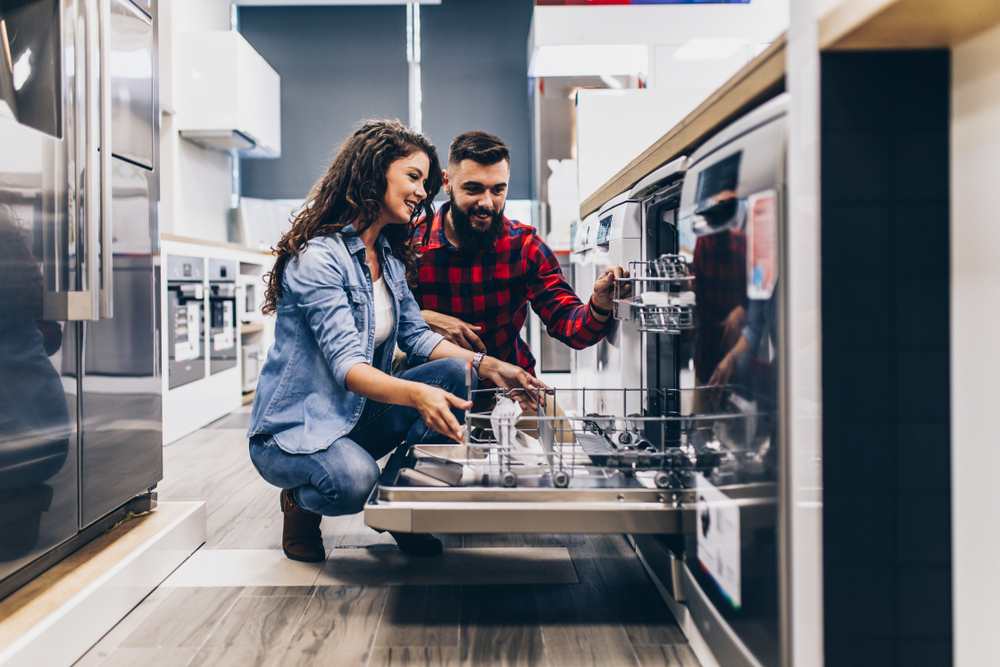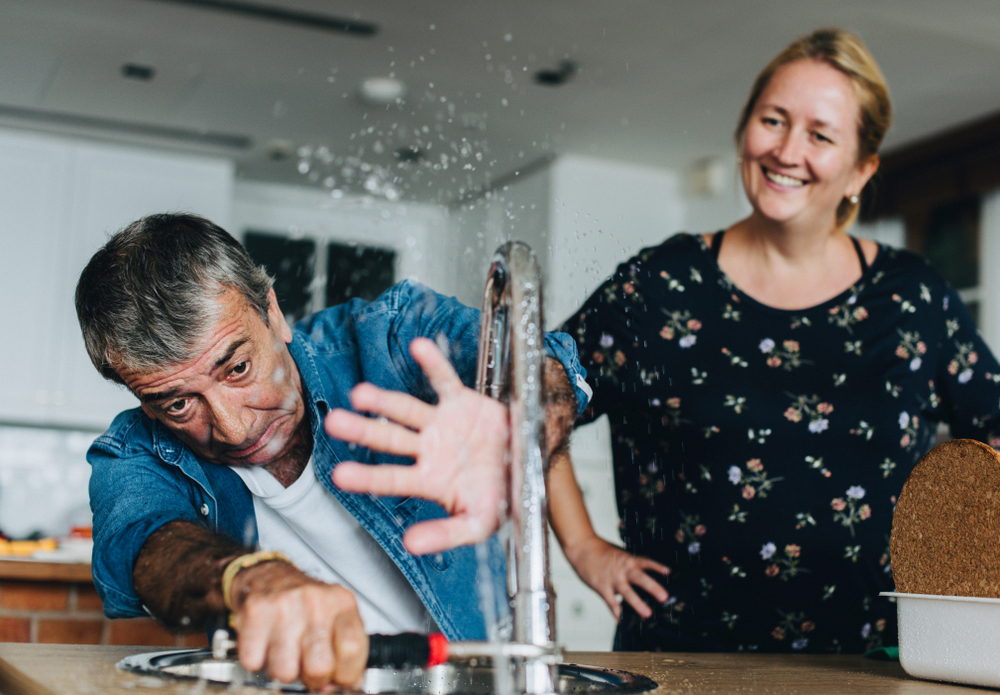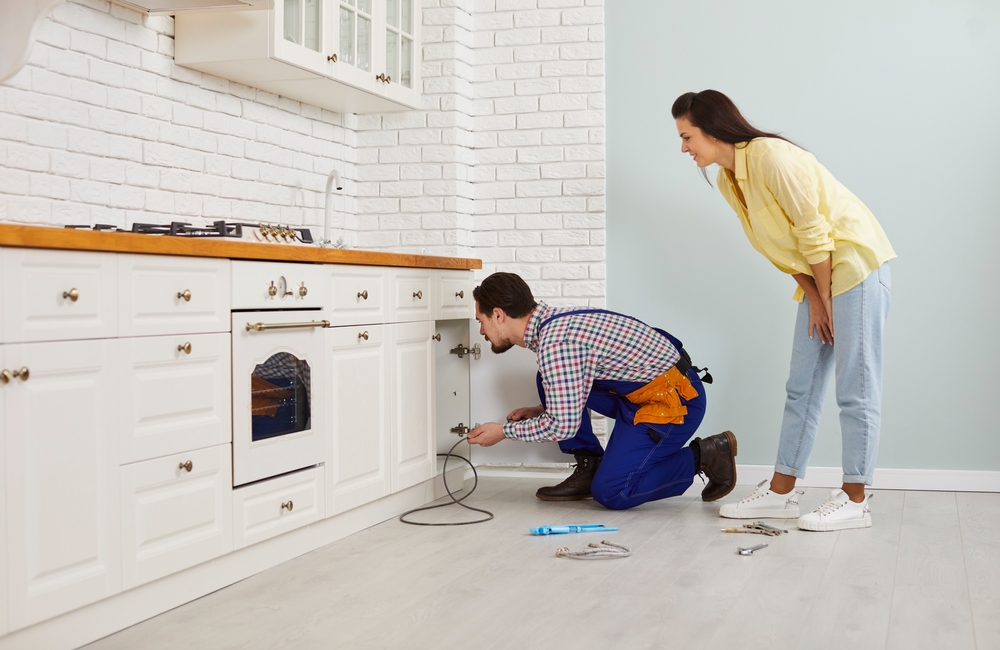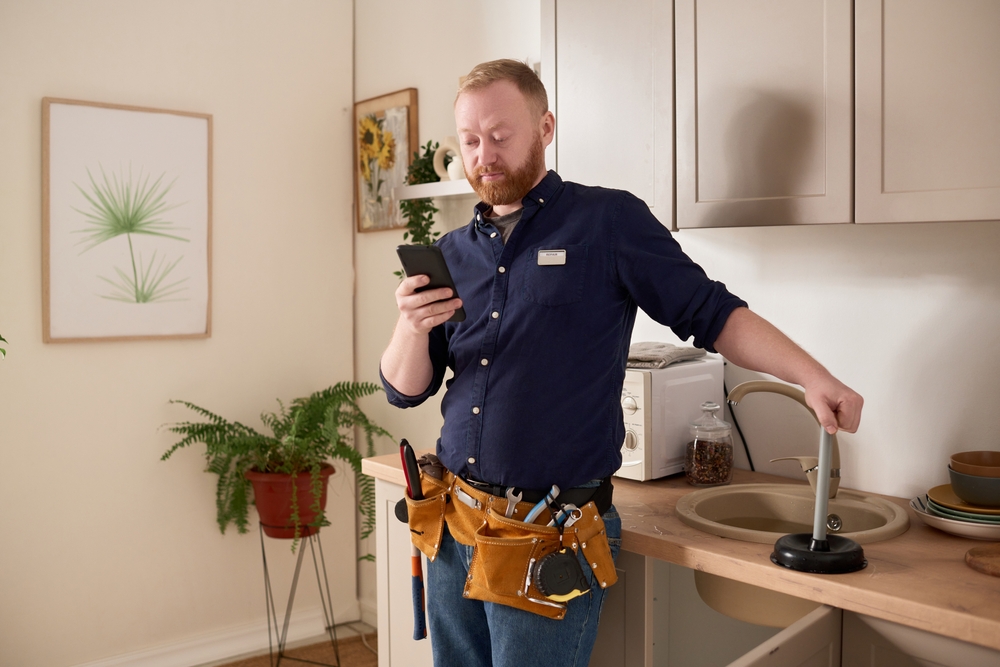Projects involving plumbing can appear like easy chores requiring a few tools and a fast tutorial video. Many homeowners, meanwhile, under valuate the complexity and hazards involved in do-it-yourself plumbing. Do-it-yourself (DIY) culture has made it simple for one to imagine that a few online clicks will make anyone an amateur plumber. Underneath the surface, though, are hidden risks that might turn a minor plumbing repair into an expensive catastrophe. Although handling plumbing problems on your own could sound handy, the reality is that some jobs call for knowledge, experience, and accuracy—not just will.
Introduction to DIY Plumbing
The DIY movement has been somewhat well-known recently. With so much information available to homeowners today—from home improvement blogs to online tutorials—tackling house projects seems like an exciting challenge. Regarding plumbing, many people think they can save time and money by repairing a leak, clearing a drain, or perhaps by even installing a new fixture by themselves.
Though the DIY trend lets people be more hands-on, it also brings many hazards, particularly in areas like plumbing where mistakes can have dire results. Unlike painting a wall or building furniture, do-it-yourself plumbing requires working with intricate systems requiring knowledge, tools, and regulatory compliance. Usually only after the damage is done, these concealed hazards show themselves. It’s important to know the possible risks involved in do-it-yourself plumbing repairs before you go for that wrench.

Safety Hazards
Potential Injuries from DIY Plumbing
Personal safety is one of the main concerns connected to do-it-yourself plumbing. Working with water systems in plumbing can put one in risk. Cutting into pipes or trying to replace them, for example, may cause serious injuries from instruments including saws, wrenches, and torches. Both undervaluation of the force behind a burst pipe and misjudging of the pressure in a water line can lead to major consequences. Working with old, corroded pipelines or handling sharp tools in confined areas raises the possibility of unintentional wounds, burns, or even chemical exposure from some materials.
Dealing with hot water systems adds still more complexities. Without appropriate knowledge, trying to fix or install a water heater could result in major burns or even gas leaks, therefore increasing the risk of fire or explosion. For many do-it-yourselfers, trying to resolve a plumbing problem might result in a sobering reality—that of an ER trip.
Importance of Safety Equipment
Safety tools used by professional plumbers most likely not known to or even considered by most do-it-yourselfers. To guard oneself from injury, for example, safety gloves, goggles, and specific instruments are absolutely essential. These instruments guarantee exact performance in limited areas and help to avoid mishaps such pipe leaks. Professionals also teach proper shut-off of water mains and handling of dangerous materials—something most do-it-yourselfers forget. Without appropriate understanding and safety gear, homeowners run fast into perilous circumstances.
Property Damage
Common DIY Plumbing Mistakes
Potential for property damage is one of the most common problems with do-it-yourself plumbing. Using wrong tools or materials is a typical error inexperienced plumbers make. For instance, mismatched pipe fittings or incorrect sealing methods could cause leaks that are undetectable until major damage results. Over-tightening connections is another common mistake that could weaken pipes or result in cracks allowing long-term water damage.
Another common household error is trying to clear a clogged drain with chemical drain cleaners. These cleaners could offer a temporary remedy, but especially if your pipes are old or constructed of particular materials like PVC, they might seriously harm them. The chemicals eat the pipes over time, which results in expensive replacements.
Costly Property Damages
These errors might have disastrous results. Expensive repairs follow from floor, wall, and ceiling damage caused by leaks or pipe breaks. Additionally encouraging mold development from hidden water leaks is a health hazard and calls for expensive remedial actions. A seemingly small error like incorrectly tightening a faucet connection, for instance, can lead to concealed leaks that over time cause significant damage under floors or behind walls, costing thousands of dollars to repair.
Many times, the damage goes beyond only plumbing systems. Water leaks can ruin appliances, electrical systems, even the foundation of a house. A basic do-it-yourself remedy can turn into structural damage and leave consumers with a pricey bill much above what a qualified plumber would have charged.
Legal Implications
Building Codes and Permits
Plumbing is about following local building laws and regulations as much as it is about tightening pipes or clearing drains. Many plumbing jobs, particularly those involving major improvements like installing new water pipes, upgrading water heaters, or altering sewer systems, call for licenses. Most do-it-yourselfers are not aware of these legal obligations, which results in work possibly violating local building codes.
Designed to guarantee that plumbing systems are safe, effective, and ecologically benign, building codes Often at far more expense than initially employing a professional in the first place, DIY plumbing projects failing to fulfill these standards may result in legal implications including fines or required rework.
Consequences of Ignoring Regulations
Should your do-it-yourself plumbing job fall short of accepted standards, you can find yourself in hot legal and financial hotbeds. Non-compliant plumbing might ruin a sale if you intend to sell your house since inspections will highlight any work that violates the code. Moreover, insurance companies could exclude coverage for damages resulting from unapproved or defective plumbing repairs, therefore leaving homeowners liable for repairs.
In worst-case situations, incorrectly done plumbing could cause environmental problems including pollution of the nearby water source. This could lead to substantial fines from local authorities or call for expensive corrective actions that would have been avoided with competent hiring.
Lack of Expertise
Specialized Knowledge in Plumbing
One very specialized skill that need for years of training and expertise is plumbing. To grasp the science underlying water pressure, pipe sizing, and flow dynamics, professional plumbers complete rigorous courses. They also know how precisely to identify problems and quickly fix them. For instance, installing a basic sink could appear easy, but without understanding how water pressure systems operate or the proper pipe sizes, you could find yourself with either poor water flow or regular clogs.
Those that enjoy do-it-yourself projects sometimes undervalue the complexity of plumbing systems. They might tackle a repair with simple tools and insufficient understanding, only to discover themselves caught in the center of a far more serious problem. Many times, what seems like a little problem—like a leaky faucet—can be a sign of a far more serious problem—like a broken pipe buried deep inside the plumbing system. DIYers are not likely to find and fix the underlying source of a problem without the required knowledge.

Complex Plumbing Issues
Some plumbing issues are just outside the purview of an amateur. Problems with water heaters, gas pipes, or sewer lines, for example, call for specific knowledge and tools. Repairing or replacing sewer lines, for example, usually requires excavation and rerouting, which can be hazardous and calls for close adherence to standards. Gas plumbing also calls great care since mishandled gas leaks could be fatal.
Another intricate part of plumbing is water heaters. Incorrect installation or repairs can cause major safety hazards including gas leaks, scalding water, or perhaps explosions. Moreover, a badly installed water heater can be ineffective, which would result in more frequent repairs and more expensive energy consumption.
Hidden Issues
DIYers Overlooking Underlying Problems
The possibility to ignore concealed problems is among the most important hazards of do-it-yourself plumbing. You might overlook more serious problems that a qualified plumber would readily find even if you address a surface one. A clogged drain, for instance, may indicate a much more serious problem requiring expert attention—a collapsed pipe or tree root infiltration.
Without the right diagnostic tools, homeowners might fix a visible issue only to have it resurfaced later on with much more harm. Long-term damage to the plumbing system brought on by these underlying problems might result in more major problems needing extensive (and costly repairs).
Impact on the Overall Plumbing System
If done incorrectly, do-it-yourself repairs might have a bad knock-on effect on your plumbing system. An incorrectly corrected leak, for example, might raise water pressure in other parts of the system, therefore stressing pipes and fixtures. This can create more frequent breakdowns over time and finally call for a total overhaul of your plumbing system.
Moreover, improperly placed fixtures or hidden leaks might cause major water waste, which would increase utility rates. The Environmental Protection Agency (EPA) estimates that around 10,000 gallons of water are wasted annually from the leaks in an average dwelling. A seemingly small problem can over time result in major waste and expenses.
When to Call a Professional Plumber
Signs Your DIY Project Is Too Risky
It’s really vital to know when a plumbing project is too dangerous for you to handle on your own. Working with gas lines, sewer systems, or water heaters—areas requiring specific knowledge and tools—some obvious indicators are Should you be dealing with ongoing clogs, poor water pressure, or unusual pipe noises, these could be indicators of more serious systemic problems requiring expert evaluation and repair.
Additional signs include slow drains, pooling water, or bad smells from your plumbing system. Usually pointing to underlying issues like pipe corrosion or sewer clogs that need for expert assistance, these signs lead to Before things get worse, it’s always advisable to phone a specialist if you are unsure about any stage of the procedure.
Knowing When to Ask for Help
One must understand their own limitations. Although trying to solve things on your own is tempting, some plumbing problems call for professional knowledge. You should see a specialist if you tried a fix but the issue gets worse or lingers. This choice will help you avoid more damage, more expensive repairs, and maybe dangerous situations.
Engaging a qualified plumber has many advantages. Their correct tools, skills, and experience will let them effectively manage even the most difficult plumbing problems. Furthermore, they may provide you piece of mind knowing that the plumbing in your house satisfies all the safety and building regulations and is in good operating order.
Conclusion:
Why a Professional is the Best Choice
All things considered, even if do-it-yourself plumbing tasks appear interesting, they carry major hazards. From personal safety risks to expensive property damage, legal consequences, lack of knowledge, and concealed problems, the perils of do-it-yourself plumbing can rapidly exceed any possible savings. Knowing these hazards and when to bring in an expert is really vital.
Hiring a qualified plumber guarantees not only accurate completion of the job but also peace of mind. Avoid mishaps, expensive repairs, and the aggravation of handling difficult plumbing problems. In the end, the best choice regarding the plumbing in your house is to let an expert handle it. See a specialist to guard your house, your safety, and your pocketbook from a little problem becoming a calamity.
Plumbing Services CA
https://maps.app.goo.gl/31Yt4rhDrainzNJ4A
(279) 203-0765
https://plumbingservicesca.com/


